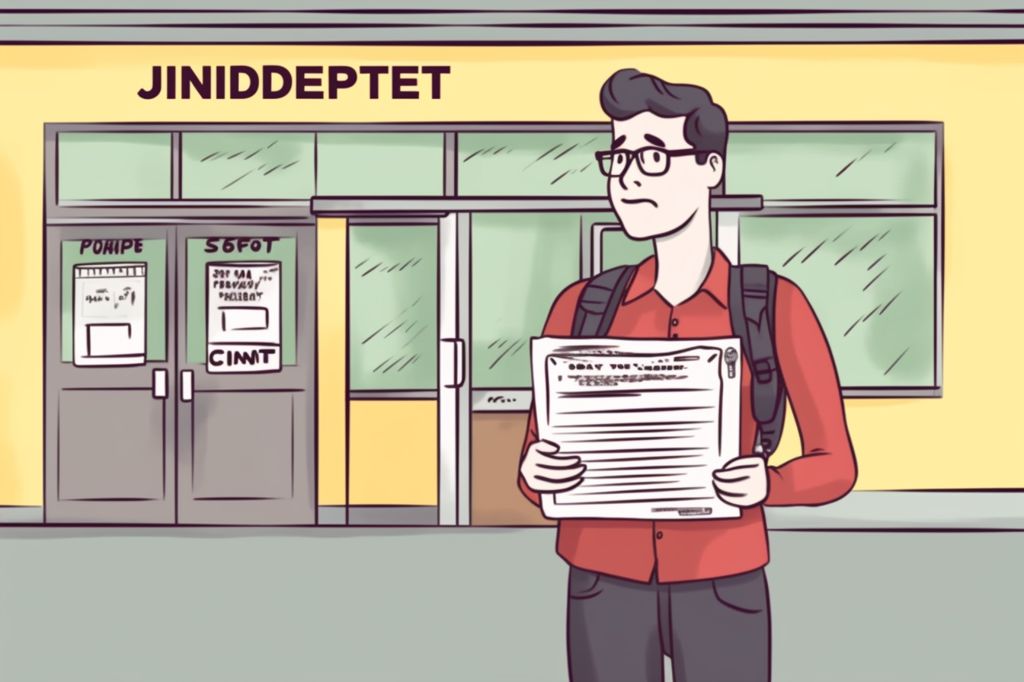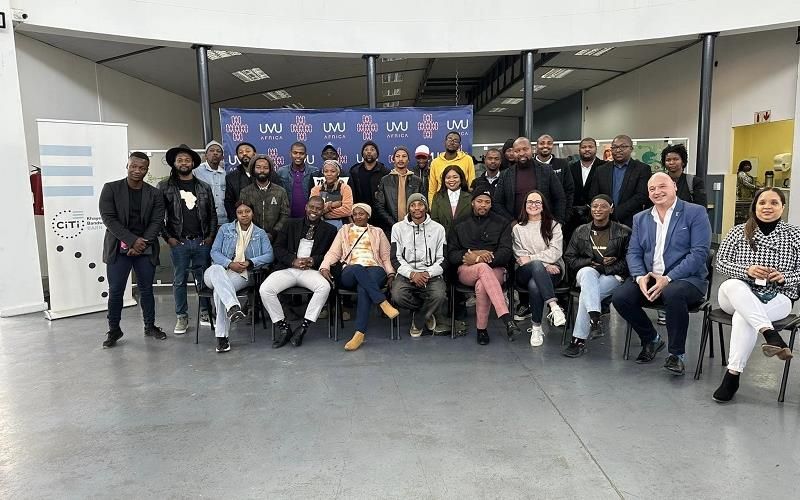South African residents who are in need of financial assistance may be eligible for indigent support, as significant funds have been allocated towards rates and relief. In the 2022/23 financial year, R3.75 billion has been made available with an additional R4.3 billion earmarked for the following year beginning July 2024.
Eligibility
To determine eligibility, potential applicants can visit their nearest municipal customer office, consult their ward councillor, or explore their subcouncil office. Alternatively, they can reach out via email at Indigent.Relief@capetown.gov.za or visit www.capetown.gov.za to obtain more information about the application process.
Applicants with a total monthly income of R7,500 or less can receive discounts on certain City-supplied services (indigent support).
Benefits
Those earning R7,500 or less are eligible for a 100% discount on property rates, refuse removal charges, and 15kl of free water, regardless of age. Pensioners aged 60 or older and individuals receiving social grants earning R7,500 or less may qualify for a 100% rates rebate. Those earning between R7,501 and R22,000 may qualify for a rates rebate ranging from 10% to 95%. However, it is recommended that residents dependent on pensions or social grants earning R7,500 or less apply for indigent support instead, as it offers additional benefits.
Requirements
To apply for indigent support, applicants must:
- Be homeowners
- Earn R7,500 or less per month
- Own only one property
- Be the full-time occupant of the home
- Use the home primarily for residential purposes (at least 60% of the house or property size)
- Be a child living in the home of a deceased parent or have received the house in a divorce settlement
Applicants with outstanding municipal debts may still qualify for a one-time 100% write-off, provided they have a prepaid electricity meter installed.
Application Process
To apply, potential beneficiaries must download the Application for Indigent Support form from the official website or collect one from the nearest municipal office. The application must be accompanied by proof of identification, bank statements from all financial institutions for the last three months or a sworn affidavit stating no bank account exists, and a bond statement for the last three months or a sworn affidavit stating no bond account exists.
If employed, applicants must also submit their latest salary/wage payslip or a letter from an employer stating their income, if self-employed, a sworn affidavit stating their monthly earnings, proof of any disability grants, maintenance grants, or pensions received, and a completed debit order application form, where applicable.
If unemployed, applicants must also submit a sworn affidavit stating they are unemployed with no other sources of income.
Once the form is completed, it must be handed in at any municipal Revenue walk-in office or posted to Director Revenue, City of Cape Town, PO Box 655, Cape Town 8000, including a certified copy of the applicant’s ID or other proof of identification. Alternatively, applications can be emailed to Rates.Rebate@capetown.gov.za, Indigent.Relief@capetown.gov.za, or Payment.Arrangements@capetown.gov.za.
Upon approval, indigent status must be renewed every 12 months. However, for applicants aged 60 or older, renewal is only required upon the next municipal valuation of their property or by 30 June 2026, whichever comes first. All outstanding debts to the municipality must be settled before reapplying.
Beneficiaries aged 60 or older need not visit the contact centers for renewal. Instead, they will receive an SMS with a link to complete a declaration form via cell phone, confirming their financial status and uploading photographs of original required documents.












